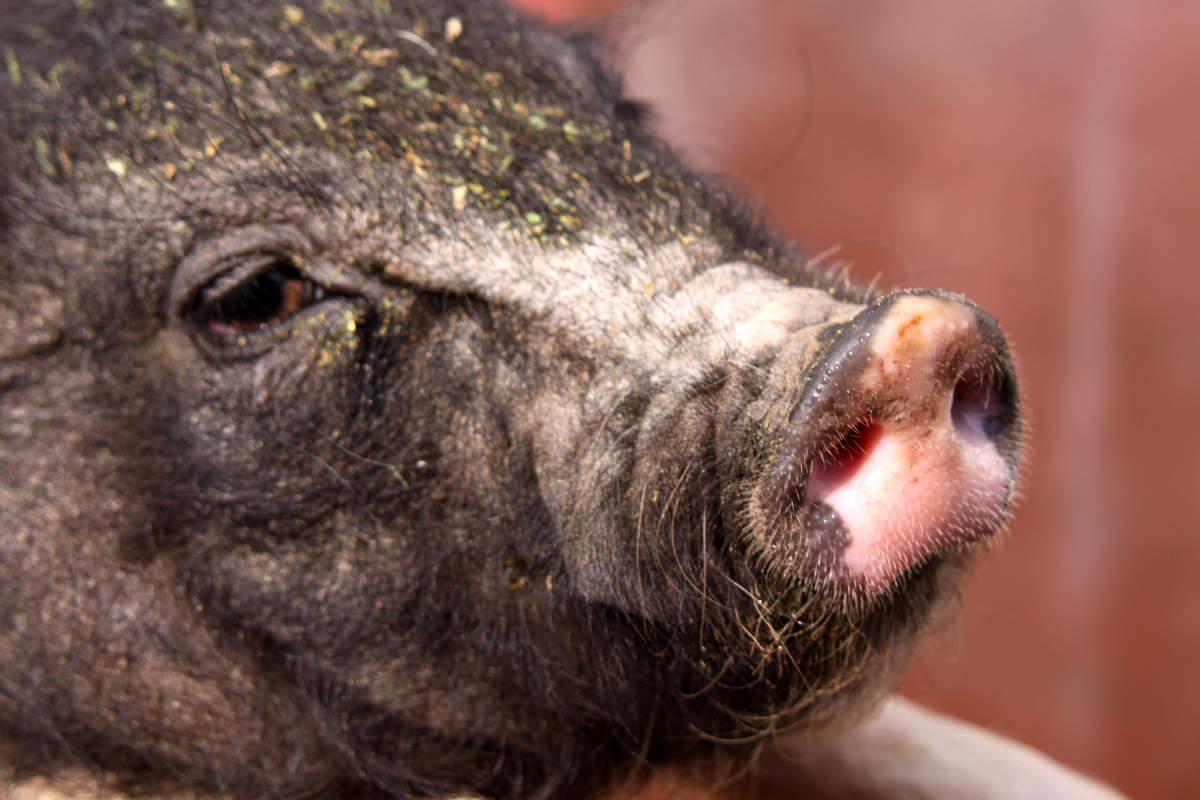Expert Reaction
These comments have been collated by the Science Media Centre to provide a variety of expert perspectives on this issue. Feel free to use these quotes in your stories. Views expressed are the personal opinions of the experts named. They do not represent the views of the SMC or any other organisation unless specifically stated.
Dr Hannah Brown is a researcher at the Robinson Research Institute, School of Medicine at the University of Adelaide, and the ARC Centre of Excellent for Nanoscale Biophotonics.
Genome editing tools have created excitement over the last few years, for scientists in many fields, offering a way to cheaply, and easily alter the genetic make-up of individuals. Recently, this technology generated a great deal of excitement, when a research group reported they had genetically altered a human embryo. Now, another Chinese research group have described a similar technology, which they have used to generate miniature pigs.
The technology, known as TALENs (Transcription activator-like effector nuclease), acts like a GPS-guided pair of molecular scissors, honing to a specific region of the DNA and cutting and altering the DNA backbone. Technologies such as these (and including CRISPR) allow researchers to remove and replace faulty pieces of DNA (or genes), perhaps replacing the disease-causing DNA or information, with healthy information. These tools are routinely being used for scientific research purposes, but the number of live animals generated from the use of these technologies remains limited.
This is an exciting step forward in a research field where these technologies promise the possibility of curing genetic diseases, caused by faulty DNA (including diseases like Huntington’s, Parkinson’s and Cystic Fibrosis). These technologies have been used heavily cells in culture, and in mice, but it is exciting to see live, large animals produced, and these miniature pigs appear to be a very useful research tool so far.
Concerning, however, while it appears that they were able to generate a smaller pig (making research cheaper and easier), the effects that these genetic changes may have on the life of an animal that lives for many years is not yet established. Whether the pigs will live a long healthy life remains to be seen. These technologies are likely to also raise ethical questions about the necessity for designer-pets, with their creators suggesting they will be able to make pigs to order, with the owners being able to choose colours and patterns



 International
International


